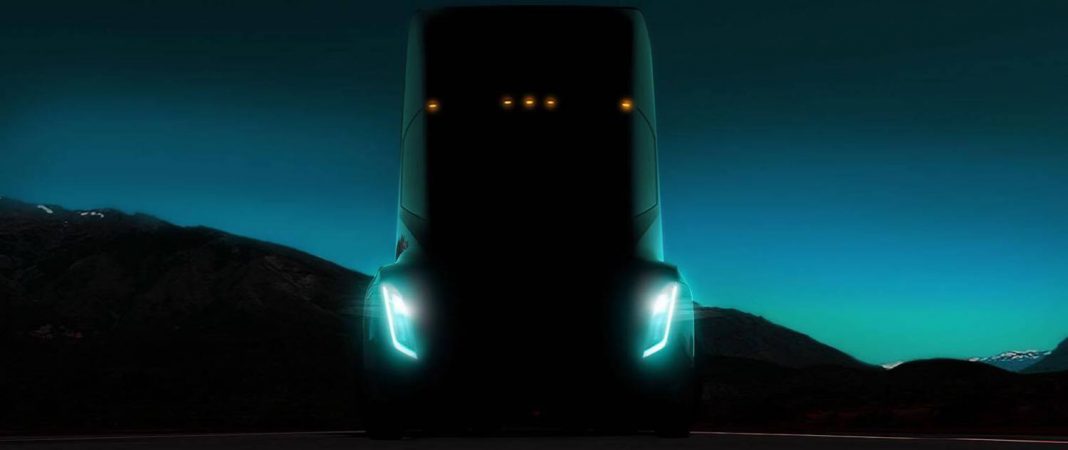Another great electric vehicle (EV) soon to be coming our way is the Tesla Semi. It is a creation like no other on the market and is being officially released on September 28th. That’s right, in less than four months we could see what the Tesla Semi really will be like. But until then, here’s the lowdown on what we do know.
Although many people had concerns that an all-electric semi couldn’t possibly shift some of the more heavier loads we see on the roads today, Elon Musk argued that. He confirmed, “It is a heavy duty, long range, semi-truck. So it has the highest weight capacity with long range. So essentially it’s meant to alleviate the heavy duty trucking loads. And this is something which people do not, today, think is possible. They think the truck doesn’t have enough power or it doesn’t have enough range. And then with those with the Tesla Semi, we want to show that no, an electric truck actually can out-torque any diesel semi and if you had a tug-of-war competition, the Tesla Semi will tug the diesel semi uphill.”
So far we know that Tesla Semi will use “a bunch” of Model 3 electric motors, as well as various other components from that model. This is good news as hopefully means production will begin sooner rather than later. Testing of the vehicles has been taking place recently and Musk claims it actually “feels like a sports car”. He also added, “I mean it’s quite bizarre to test drive it. You know, when I was driving the test prototype for the first truck, it’s really weird because you’re driving around and you’re just so nimble and you’re in this giant truck.”
Jerome Guillen was Tesla’s former Model S Program Director and VP of Vehicle Engineering who is now leading the all-electric truck program. Prior to that, he worked at Daimler leading the development of their Cascadia semi truck program. So, he has more than enough experience under his belt to make a success of the Tesla Semi, we just want to see it happen now. While eventually, the trucks will become automated, Musk has confirmed that drivers will still be required for at least a few years.
More News to Read











